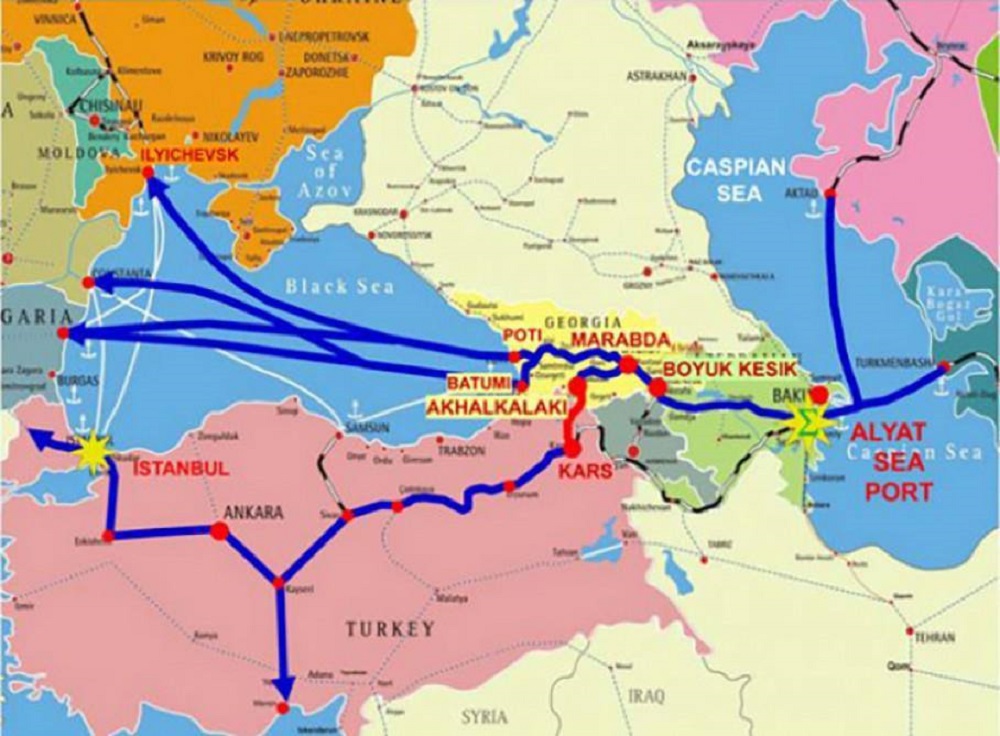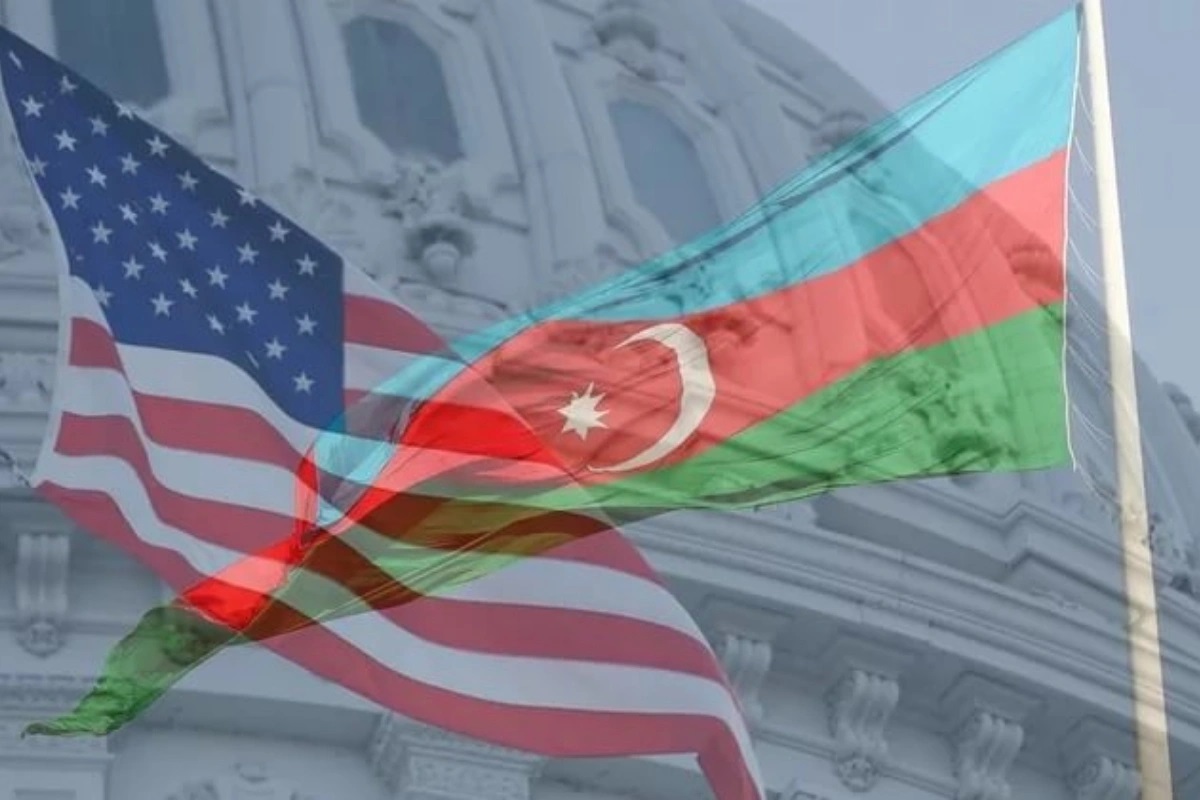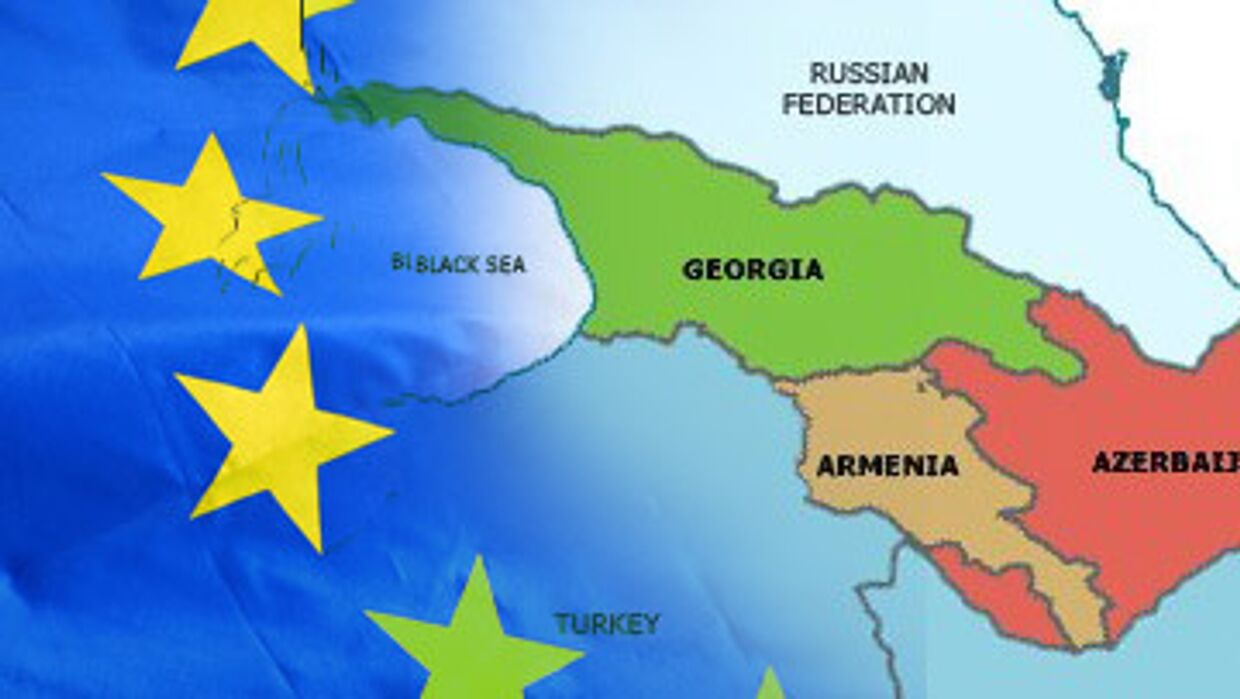US strategy in the South Caucasus: achievements during Biden's presidency? A view from Baku
US Strategy in the South Caucasus
With three months left until the next US presidential election, current president Joe Biden has dropped out of the race for the White House. Americans will choose the 47th president between the 45th president, Donald Trump, and the Democratic Party candidate, Kamala Harris.
What successes and failures did the US experience in the South Caucasus during Biden’s presidency? Azerbaijani political analyst Farhad Mammadov provides an analysis.
- OSCE Mission won’t give interim assessment of Azerbaijan elections
- Balakhani: A new life for the Azerbaijani historical settlement
- “The U.S. has no strong leverage over Baku, but It has a plan”: An opinion from Yerevan
The beginning of Joe Biden’s presidency in January 2021 coincided with the end of the 44-day war and the emergence of a new reality in the South Caucasus. At that time, the US seemed completely absent from the region, with all major events occurring without their involvement, notes political analyst Farhad Mammadov.
He also highlights that appointments to regional positions were delayed until May 2021, and it wasn’t until the summer of 2021 that Washington could articulate a coherent policy:
“Even then, Russia, holding all the cards (monopoly in mediation between Baku and Yerevan, the presence of Russian peacekeeping forces in Karabakh, potential control over the Zangezur corridor), did nothing in the negotiation process, operating under the principle of ‘where else can they go?’.
At that time, the US facilitated the exchange of detained Armenian soldiers for minefield maps through Georgia. This marked the beginning of the US’s efforts to restore its position in the South Caucasus. It’s important to remember that back then, Washington considered Georgia its closest ally in the region,” Mammadov emphasizes.
He notes that the first glimpses of the US strategy were reflected in Biden’s letter to Pashinyan, hinting that peace with Azerbaijan and Turkey would create new opportunities:
“However, the US had its own vision for this peace. There was an attempt to revive the OSCE Minsk Group and continuous efforts to highlight the issue of Karabakh Armenians without considering Azerbaijan’s territorial integrity and sovereignty.
Azerbaijan gave the US a chance to act as a mediator, but Washington’s Armenia-centric approach created limitations that they couldn’t, or wouldn’t, overcome.
All of Azerbaijan’s assertions that a peace treaty was the only solution, and that the Karabakh Armenian issue was an internal matter, were ignored. Under this scenario, Russia’s influence in the region would naturally diminish.
In the end, everything was resolved without US involvement, which greatly frustrated Washington.”
What did the U.S. do?
According to the political analyst, the US, along with the EU, aims to establish its own axis in the region, focusing on Armenia.
“State Department representative O’Brien candidly stated that the main goal of the US/EU-Armenia summit on April 5 in Brussels was to reduce Armenia’s dependence on Russia in the fields of economy, energy, and security. This is the main goal, and the Armenian Prime Minister agrees with it.
They have allocated budgets of hundreds of millions of dollars, send high-ranking diplomats weekly, and are developing strategies for progress,” he notes.
Results
Farhad Mammadov highlights that Armenia traded $8.5 billion with Russia over six months, exceeding the total for the previous year.
Armenia has not left the CSTO, EAEU, or CIS and has applied to increase its status in the SCO. The country is not revising agreements on the Russian military base and border guards, nor its contracts with Rosatom and Gazprom. Armenia continues to work with Russian Railways and is losing independence in its relations with Iran, with the Supreme Leader of Iran outlining transport strategies for the country.
In focusing on Armenia, the US has strained its relationships with Azerbaijan, a key access point to Central Asia, and Georgia, the only access point to the Black Sea. The US has also not succeeded in normalizing relations between Armenia and Turkey.
Unfortunately, no US Congress or Senate member has evaluated the US position in the South Caucasus at the beginning and end of Biden’s presidency. This oversight raises significant questions for the State Department.
In 2024, China has secured two strategic partners in the region, while the US, which previously had a strong ally in Georgia, now faces deteriorated relations with that country.
Additionally, a notable US achievement is that Russian border guards have been removed from Zvartnots Airport. However, the system they used to monitor activities remains in place.





















